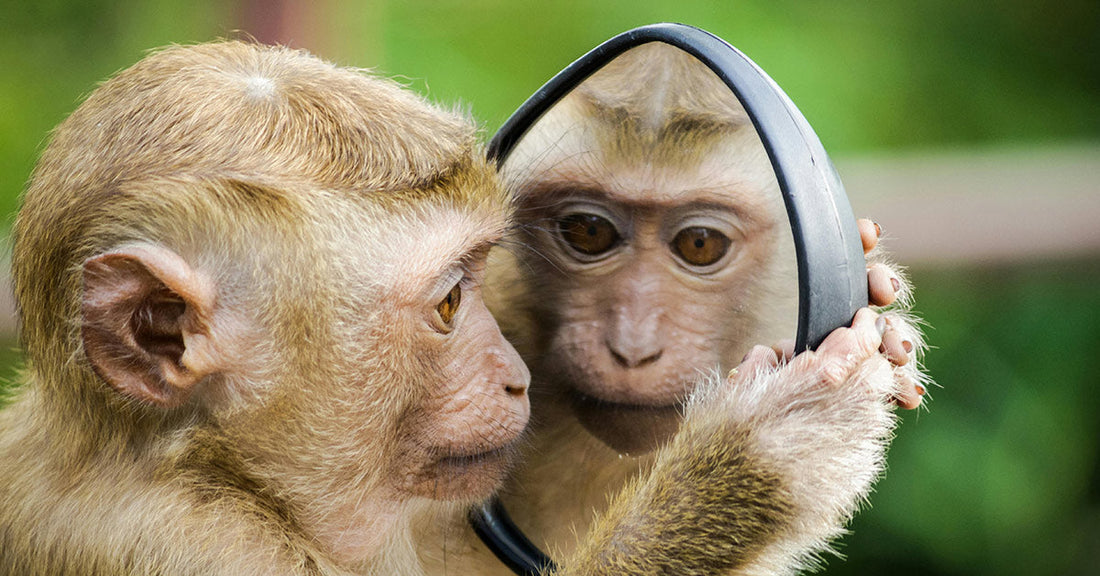US Army Sounds Alarm as Aggressive Monkey Nears Base Families
Matthew Russell
A wild Japanese macaque has prompted multiple safety alerts from U.S. military bases in Japan, following reports of the animal appearing near installations and housing areas. Most recently, Naval Air Facility (NAF) Atsugi, located about 28 miles southwest of Tokyo, posted a community-wide warning after receiving sightings of a roaming macaque just outside the base.
In a public message, base officials urged residents not to approach the animal and to “go indoors and please call NAF Atsugi Security” if seen, according to Stars and Stripes. The monkey was reportedly moving through the nearby city of Ayase, which lies adjacent to the installation.
This marked the second alert of the week, as Camp Zama — home to U.S. Army Japan — had just issued its own warning days earlier when a different macaque, described as “not friendly” and missing its left hand, was spotted near Zama Station and the Sagamihara Housing Area, which houses U.S. personnel and families.
According to a base spokesperson, no sightings were reported on base property, but residents were told to remain cautious and not engage with the animal in any way, Stars and Stripes reports.

A monkey near Camp Zama triggered an Army alert.
Why Japanese Macaques Are Getting Close
Japanese macaques, also known as snow monkeys, are native to much of Japan and regularly inhabit the mountainous forests that edge into major urban areas. While they generally avoid humans, these primates are known to wander into neighborhoods in search of food or shelter, especially during the warmer months.
Their presence isn’t new to U.S. military bases. In fact, multiple installations — including Camp Zama, Yokota Air Base, and NAF Atsugi — have experienced sightings in recent years. Back in October 2021, a macaque was seen on the roof of a dental clinic at Yokota and later spotted near the base's housing areas. Social media posts from residents turned the monkey into a viral sensation before it disappeared back into the wild, Stars and Stripes reports.
Experts say macaques are typically social animals that travel in troops, sleep in trees, and rarely pose a threat. However, they can become aggressive if provoked.
“Do not try to approach, feed or even make eye contact,” warned U.S. Army officials at Camp Zama in a 2021 post, reported by Newsweek, stressing the importance of distance and discretion when encountering the animals.

Naval Air Facility Atsugi issued a separate monkey warning days later.
Safety Precautions and Community Response
Authorities at both Camp Zama and NAF Atsugi have reiterated the importance of public awareness.
“Our communication with the community is key to avoiding incidents,” said Timothy Flack, spokesperson for U.S. Army Garrison Japan, in a statement to Newsweek.
While no injuries or property damage have been reported from any of the recent encounters, the warnings are seen as necessary precautions.
In areas like Sagamihara and Ayase, city officials have also advised residents to limit unnecessary outdoor activity when monkeys are active. Residents are encouraged to contact base security teams if a monkey is seen, helping to track movements and minimize risk.
Even seemingly harmless behavior — such as staring — can trigger defensive actions. According to Stars and Stripes, looking a macaque in the eye may cause it to bare its teeth or lash out.
Japanese macaques are native and common in the region.
Unlikely Visitors, Ongoing Vigilance
The reappearance of wild monkeys around military bases reflects a broader pattern of human-wildlife overlap in Japan’s urban fringe. Forested habitats have become increasingly encroached upon, and macaques, adaptable and curious, continue to roam into populated spaces.
While sightings have become semi-regular events, they continue to draw attention — especially when the animals display unusual behavior, such as the missing-hand macaque at Camp Zama.
As of now, neither monkey has been captured or reported again. Officials say they will continue to monitor the situation and issue updates as needed.


